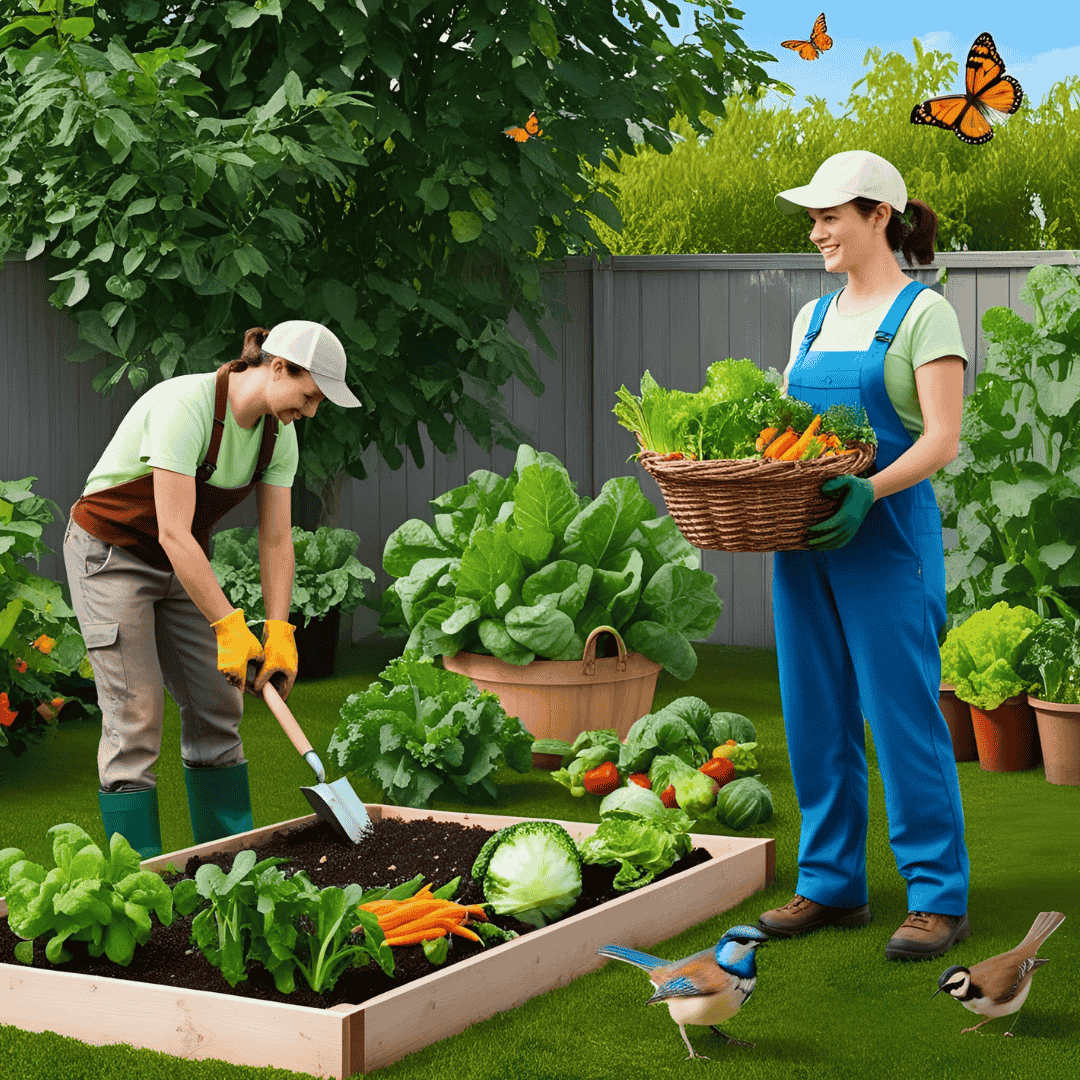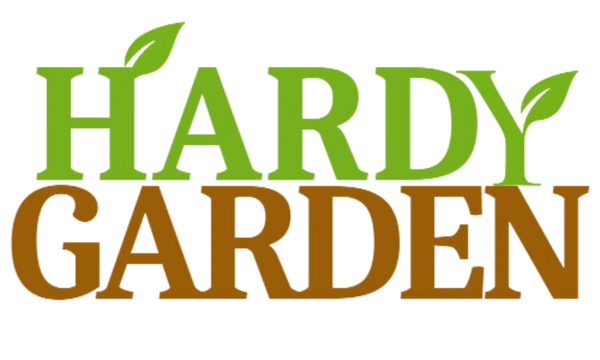
Plant, Grow, Thrive: 10 Critical Benefits of Gardening in Uncertain Times
Gardening has always been a rewarding and sustainable practice, but in 2025, it has become more essential than ever. With rising food prices, climate change concerns, and increasing tariffs on imported goods, home is no longer just a hobby—it’s a necessity. In this blog, we’ll explore 10 benefits of Gardening.
More people are turning to their backyards, balconies, and community gardens. Whether you have a sprawling backyard or just a few pots on your balcony, now is the perfect time to start growing your own food and making a meaningful difference.
10 Benefits of Gardening
1. Food Security in Uncertain Times
One of the biggest concerns today is food security. With the cost of groceries skyrocketing due to inflation, unpredictable calamities, and international trade disruptions, access to affordable, fresh food is becoming a challenge. The sudden rise in tariffs on imported goods has further strained household budgets, making it crucial to grow food locally.
Home gardening provides a reliable source of fresh produce, ensuring that you and your family have access to nutrient-rich food, regardless of market fluctuations.

2. Cost Savings on Food and Produce
With food prices at an all-time high, growing fruits, vegetables, and herbs can save you hundreds, if not thousands, of dollars per year. Instead of paying premium prices for organic produce, you can cultivate your pesticide-free crops at home.
A small backyard garden can yield a substantial harvest, reducing your reliance on grocery stores and helping you stretch your budget further. Plus, gardening reduces hidden costs like transportation and packaging, making it a more economical choice in the long run.
3. Environmental Impact
Gardening helps protect the environment by reducing carbon emissions, conserving resources, and promoting biodiversity. Growing trees and plants improves air quality, provides shade, and supports wildlife.
Organic gardening reduces the need for chemical fertilizers and pesticides, keeping soil and water healthy. By planting, you contribute to a greener planet while growing fresh, sustainable food.
4. Improved Health and Boost Nutrition
Homegrown food is fresher, more nutritious, and free from harmful chemicals often found in store-bought produce. By growing your vegetables and herbs, you can ensure that your diet is rich in essential vitamins and minerals. When you garden, you control what goes into your soil and onto your plants, making it easier to maintain a healthy lifestyle.
Plus gardening is a moderate physical exercise, helping to improve strength, flexibility, and cardiovascular health. Activities like digging, planting, and weeding keep you active without the need for a gym.
5. Mental Health and Stress Relief
Gardening is not just good for your body—it’s also great for your mind. Studies have shown that spending time in nature and working with plants reduces stress, anxiety, and depression. The simple act of tending to a garden provides a sense of accomplishment and relaxation.
As more people deal with the pressures of modern life, gardening offers a peaceful escape, allowing individuals to reconnect with nature and find joy in the garden.

6. Biodiversity and Pollinator Support
A well-maintained garden does more than provide food—it also supports biodiversity. Pollinators like bees, butterflies, and birds thrive in gardens filled with flowering plants and native vegetation.
By planting a variety of crops and flowers, you contribute to a balanced ecosystem, helping to protect important species and promote natural pest control. In turn, this leads to healthier gardens and increased crop yields.
7. Strengthening Community Resilience
The rise of community gardening helps neighborhoods become more self-sufficient. With the cost of living increasing, people are coming together to share resources, trade produce, and support local food systems.
By participating in community gardening, individuals can learn from each other, reduce food waste, and create stronger, more resilient communities that are less reliant on external food sources.
8. Reduced Risk of Food Contamination
Growing your food significantly lowers the risk of exposure to harmful pesticides, bacteria, and chemical residues often found in store-bought produce. Mass-produced fruits and vegetables can be contaminated during harvesting, transportation, or packaging, leading to foodborne illnesses.
By starting your home garden, you control the soil, water, and organic methods, ensuring your food is fresh, safe, and free from harmful additives. This not only protects your health but also gives you peace of mind, knowing exactly what goes into the food you eat.
9. Encourage the Next Generation to Be Self-Sufficient
Teaching children and young adults to grow their food fosters independence and valuable life skills. Gardening helps them understand where food comes from, promotes healthy eating habits, and builds a strong work ethic. By learning to cultivate their fruits, vegetables, and herbs, the next generation gains the confidence to be more self-reliant and environmentally conscious.

10. Enhances Your Home’s Aesthetic and Value
Gardening isn’t just about food—it’s about beautification too! A well-designed garden transforms any space into a tranquil, visually stunning retreat. Whether it’s a lush flower bed, a vertical garden on a balcony, or a carefully curated mix of vegetables and ornamentals, gardens add charm, curb appeal, and increase property value.
- Flowering plants like roses, lavender, and marigolds brighten up spaces and attract pollinators.
- Landscaping elements like garden pathways, decorative pots, and water features create a serene environment.
- Vertical and container gardening allows even small urban spaces to become green oases.
3 Easy Ways to Start Your Home Garden
1. Start with Container Gardening
If you’re short on space or new to gardening, container gardening is the easiest way to begin. You can grow vegetables, herbs, and even small fruit plants in pots, buckets, or recycled containers.
How to Get Started:
✅ Choose containers, pots, or grow bags with drainage holes to prevent overwatering.
✅ Use high-quality potting mix for better plant growth.
✅ Start with easy-to-grow plants like tomatoes, basil, mint, or lettuce.
✅ Place your containers in a sunny spot (at least 4-6 hours of sunlight).
✅ Water regularly and add natural compost for nutrients.
2. Grow Herbs on Your Windowsill
Want fresh herbs for cooking? A windowsill herb garden is a simple and low-maintenance way to start gardening indoors.
How to Get Started:
✅ Pick easy herbs like basil, parsley, thyme, or green onions.
✅ Use small pots or repurpose jars with soil.
✅ Place them on a sunny windowsill (preferably facing south).
✅ Water sparingly—herbs don’t need too much moisture.
✅ Trim regularly to encourage more growth.

3. Try Raised Bed Gardening
If you have a small yard, raised garden beds make gardening easier and more manageable. They provide better drainage, prevent weeds, and allow you to grow more plants in a small space.
How to Get Started:
✅ Build or buy a raised bed (wooden boxes, bricks, or metal frames work well).
✅ Fill with nutrient-rich soil and compost.
✅ Plant easy vegetables like carrots, peppers, radishes, or beans.
✅ Water consistently and mulch to retain moisture.
✅ Enjoy a low-maintenance and productive garden!
Gardening is more than a trend—it’s a solution to many of the economic, environmental, and health challenges we face today. No matter the size of your space, every plant you grow makes a difference. Start your gardening journey today and reap the benefits for years to come!
How do you plan to make the most of your garden? Share your thoughts in the comments—we’d love to hear from you!
